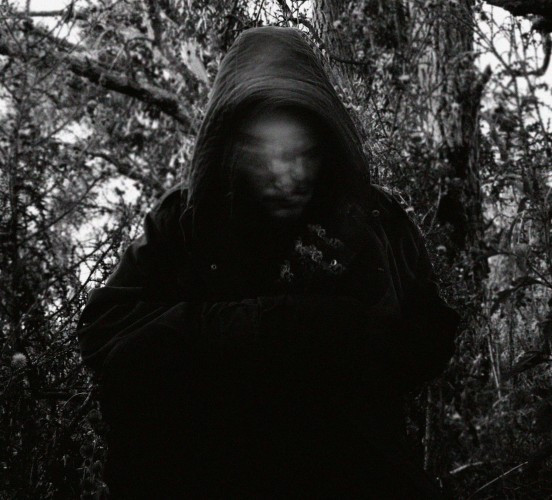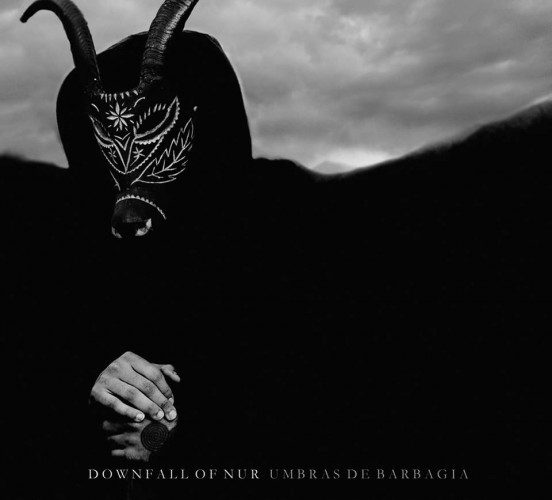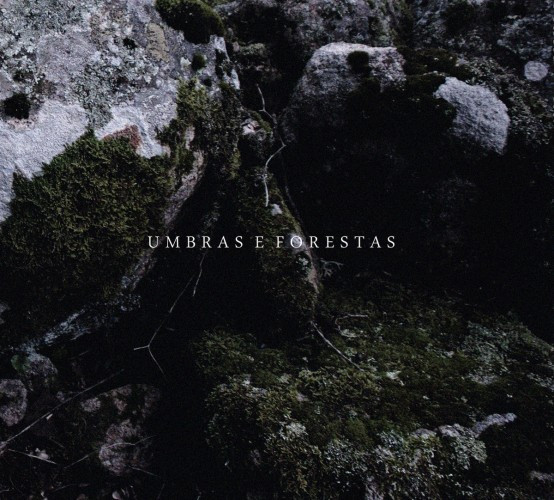(Argentinian journalist Matías Gallardo rejoins us with this interview of Antonio Sanna, the man behind Downfall of Nur, whose fine debut album Umbras de Barbagia was released earlier this year.)
The year is coming to an end and the black metal scene has many things to toast to. One of them is the appearance of Downfall of Nur, the one man band from an Italian-Argentinian multi-instrumentalist named Antonio Sanna. Hailing originally from the land of Sardinia, Italy, Antonio moved to Argentina as a kid, and now at only 19 years old he has become one of the more interesting faces in the genre. Mixing the raw and classic sound of Scandinavian black metal whilst identifying himself with the Cascadian sound of masters like Wolves in the Throne Room and the folk influence of giants Agalloch, he released Umbras de Barbagia, one of the most exciting debuts of the year. In this interview, Antonio talks about the beginnings of the band and how much his indivisible emotional link with his homeland remains as the key influence in his music.
******
Before Downfall of Nur you played in projects like Dreon, Drowned in November, Funeralopolis, and Philosophie des Toren. What can you tell me about them and how different were they from DON?
They were all experimental projects, stages where I was interested in a musical style/genre and in recording something associated with it. Funeralopolis was the previous name of Philosophie des Toren, and then I changed it. I can´t remember why, it was a long time ago, anyway. None of them were serious projects. The project that may have been a bit more serious was Drowned in November. I’ve learned a lot thanks to the recording process of those projects, but they never had any other purpose than to experiment. DON was created with the idea of making a serious project, and beyond an experiment in sound and composition, although keeping some parameters. Continue reading »



